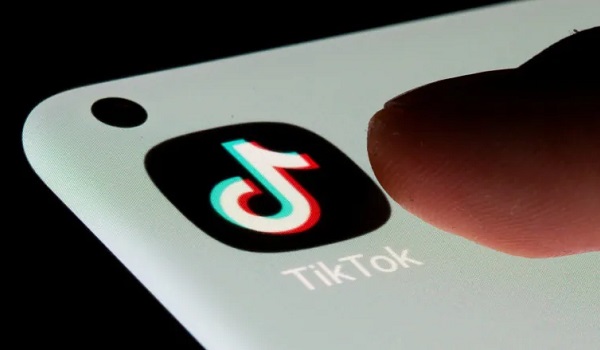Federal government moves on TikTok won’t eliminate security risks, critics say
The Trudeau government’s decision to shut down TikTok’s operations in Canada without banning the app won’t curb national security risks, critics say.
Industry Minister François-Philippe Champagne said this week that a probe into TikTok revealed employees at the company’s Canadian offices were conducting activities that were “injurious” to Canada’s national security.
But as Ottawa orders the Chinese-owned company to shut down — putting hundreds of jobs at stake — federal ministers have been tight-lipped about what those risks are, and why Canadians should still be able to use the app despite those concerns.
That’s leading to criticism that the decision sends “mixed messaging,” and calls for transparency by the opposition Conservatives, as TikTok prepares to challenge the decision in court.
Michael Geist, a law professor at the University of Ottawa, called it a “puzzling” move that essentially turns TikTok into an “offshore company” and will add hurdles to the Canadian government’s ability to enforce its privacy and security laws.
“It’s hard to see how this advances our agenda for more privacy or makes people safer,” he said. “If there is a genuine security issue, then the problem lies in the app far more than it does in the company.”
Champagne suggested Thursday that the mandate of the national security review — which started in September 2023 — did not extend to the application itself.
“Under the Investment Canada Act, my jurisdiction is with respect to a foreign investment in the country,” he said. “That has nothing to do with the application, because Canadians download the application from servers that are not even in Canada.”
Asked repeatedly whether Canadians should feel safe using the app, Champagne said people should keep their “eyes wide open” when engaging with any platform, and that he would not use the TikTok app himself.
“At the end of the day, it’s for Canadians to make a choice if they want to use one platform or another,” he said.
It was a less blunt assessment than that offered by Prime Minister Justin Trudeau last spring, when he urged Canadians not to use the app, citing then-CSIS director David Vigneault.
“When the director of CSIS is pointing out that TikTok poses a real threat to the data security of Canadians, I think Canadians need to listen,” Trudeau said in May.
“The concerns are that the data that TikTok collects on all of its users gets funnelled to the government of China and is used … potentially for nefarious purposes.”
In 2022, CSIS warned the government that TikTok could be exploited by Beijing under Chinese law to “bolster its influence and power overseas, including in Canada,” according to a previously “top secret” analytical brief uncovered at the Public Inquiry in Foreign Interference. TikTok has repeatedly denied those allegations, arguing it follows Canadian law and is not under the Chinese government’s control.
Since then, the federal government, which has used content creators on TikTok and other social media platforms to promote its policies, has banned the app on its devices, while federal and provincial privacy commissioners have started investigating the app. A spokesperson for the federal privacy commissioner said the results should be released in the “coming months.”
Geist has argued for regulatory safety measures, saying an outright ban would be difficult to enforce, and raise concerns about freedom of expression and the consolidation of power among competitors with iffy track records.
“You would have to provide the kind of compelling evidentiary case to people that there is risk … on a national level for security, and an individual risk to those who use the app,” he said. “And this wouldn’t be a popular decision.”
This article was first reported by The Star













